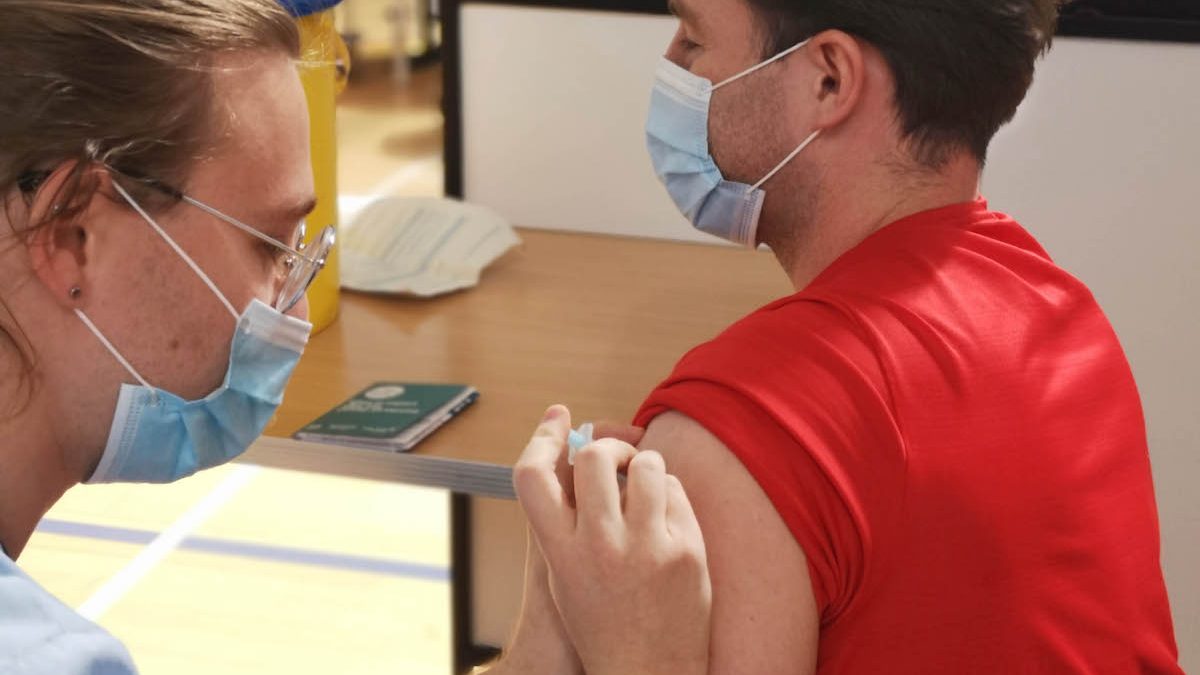Nicola Sturgeon has confirmed that the rollout of a Covid vaccination status app will commence in September.
The First Minister said that the platform would be deployed for making international travel easier and potentially for access to higher risk venues and possibly even domestic settings.
In a televised speech confirming that most Covid restrictions will be lifted from next month – ushering in a return to a more normal way of life for many – she gave some details on the role of digital technology to support those aims.
She said: “I can also confirm that we continue to consider very carefully the possible, albeit limited, use of Covid status certification for access to certain higher risk venues in future.
“We are currently developing an app to make access to Covid status certificates – which will include vaccination details – easier for international travel. This will be launched next month.
“The app will have functionality to support the use of such certificates for domestic settings should we decide that this is appropriate.
“However, I want to assure Parliament that we do not underestimate the ethical, equity and human rights issues associated with Covid status certification, and we will keep members updated and consulted on our thinking on this issue.”
We revealed in June how the issuing of digital vaccination status certificates will be a ‘first’ for the NHS in Scotland – as citizens have never previously had access to any of their medical data online.
Deryck Mitchelson, director of national digital and information security, NHS National Services Scotland (NSS), said that the proposed app would adhere to international World Health Organisation and green book standards.
Danish IT firm Netcompany was appointed by NHS NSS to develop the new system at the end of June, with a contract worth up to £600,000.
Netcompany is also behind Denmark’s Coronapass app and similar projects in Norway and England.
The vaccination status certificate will show the dates and types of jabs given to an individual and will appear in the form of a barcode-style QR code, which are unique and can be verified by the NHS.
BBC Scotland discovered security flaws in an interim solution in May which meant a vaccination status could be edited using popular computer software.




